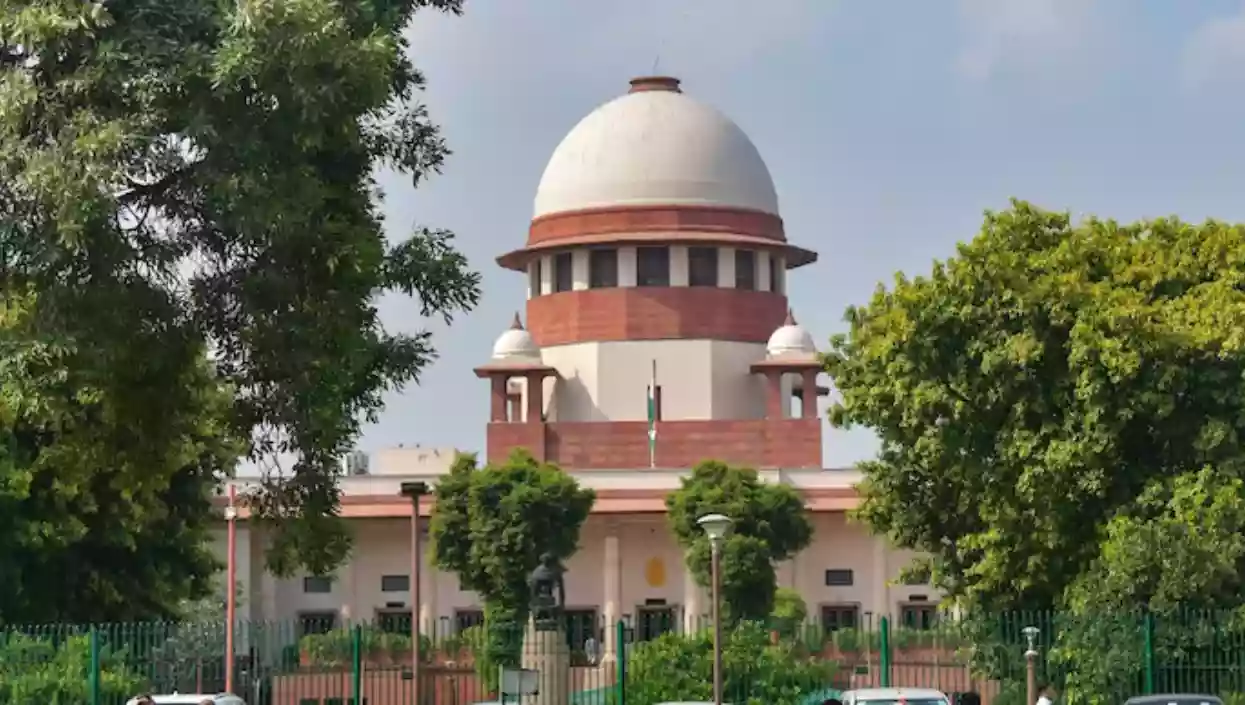.gif)
.gif)

The Supreme Court on Thursday expressed serious concerns over the potential undoing of the 'waqf by user' principle under the amended Waqf Act, stating that such a move could lead to significant historical and legal complications. The court emphasized that many religious structures, especially mosques dating back to the 14th and 15th centuries, do not have sale deeds or formal documentation, making their recognition under modern property laws extremely difficult.
A three-judge bench led by Chief Justice Sanjiv Khanna posed pointed questions to the Centre regarding the implications of removing the 'waqf by user' provision. This legal concept traditionally allows properties to be recognized as waqf based on long-term religious use, even without formal paperwork. “That would be undoing something that has already been established,” the bench remarked, calling the provision’s removal a “problem.”
The court clarified that properties previously declared as waqf—whether through deed or user—should not be de-notified just because they lack official documentation. The Chief Justice pressed for clarity on how such properties would be treated under the new legal framework, warning against dismissing genuine waqf claims due to technical shortcomings.
The bench also questioned a provision in the amended Act which states that waqf properties will not be treated as waqf while a Collector’s inquiry is underway to determine if the land is government-owned. The court said this clause should not be enforced, as it could paralyze the status of many religious sites during prolonged bureaucratic processes.
Solicitor General Tushar Mehta, representing the Centre, argued that the Act does not prohibit the continued religious use of such properties, but rather pauses their entitlement to waqf-specific benefits until inquiries are concluded. This prompted further questions from the bench about rent collection and the actual impact on the usage and status of such sites.
Another key issue raised by the court was the inclusion of non-Muslim members on Waqf Boards and the Central Waqf Council. The bench asked the Centre whether such cross-religious participation would be reciprocated, such as allowing Muslims on Hindu endowment boards, highlighting concerns over parity and religious autonomy in administrative structures.